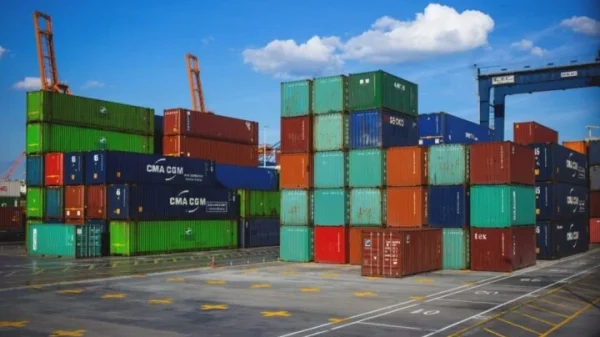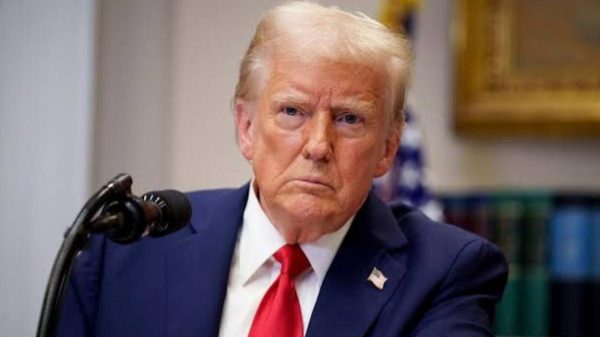China has pledged to protect its national interests in response to a recent announcement by U.S. President Donald Trump regarding a new round of tariffs. Trump hinted at the imposition of a 10 percent duty on Chinese imports starting February 1, escalating tensions between the world’s two largest economies.
Speaking on Wednesday, Chinese Foreign Ministry spokeswoman Mao Ning reaffirmed the country’s stance on trade wars, stating, “We have always believed that there are no winners in a trade war or a tariff war. China is firmly committed to safeguarding national interests.”
The announcement adds a new chapter to the strained trade relationship between the United States and China, which has seen periodic flare-ups over tariffs, intellectual property rights, and trade imbalances.
China and the U.S. have faced numerous trade conflicts, with both nations accusing each other of unfair trade practices. Despite efforts to negotiate agreements, the back-and-forth on tariffs continues to affect global markets.
While Beijing emphasized its willingness to cooperate, it underscored its readiness to defend itself against actions it deems harmful. “We will continue to pursue constructive engagement while firmly opposing measures that threaten our national interests,” Mao Ning added.
**Global Implications**
The ongoing trade dispute between these two economic giants has far-reaching effects on global markets, supply chains, and international trade policies. Businesses worldwide are bracing for potential disruptions as the February deadline approaches.
Observers are closely monitoring the situation to see if either side will de-escalate the tensions or move forward with the proposed tariff measures.
This development follows a series of trade-related disputes between the U.S. and China, including intellectual property concerns and high-tech patent rules.
As both countries weigh their next moves, the global economy waits to see whether diplomacy or further confrontation will prevail.



















































































































